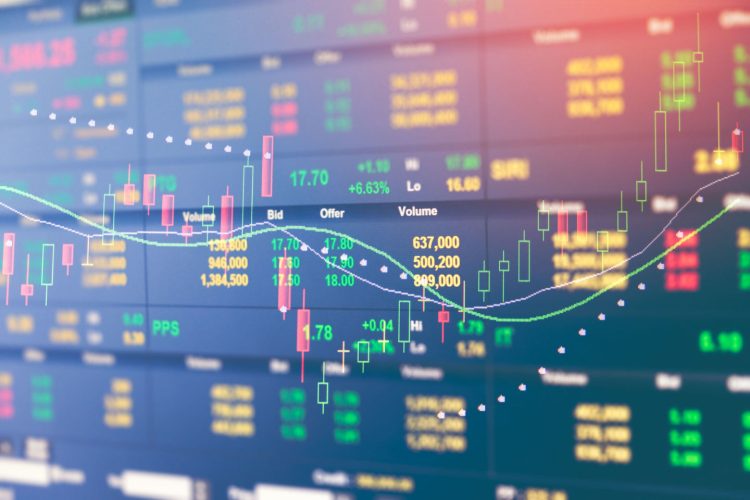On Tuesday (June 4), metal prices on the London Metal Exchange (LME) were mostly lower, with copper futures falling below the psychological level of $10,000 per tonne.
LME copper and LME nickel both fell more than 2% to close at $9,935.00 and $18,888.00 per tonne, respectively. LME zinc fell 0.44 percent to $2,930.00 a tonne. LME aluminum edged up 0.17 percent to $2,666.00 a tonne.
For LME copper, it was its first close below the $10,000 mark since May 10. At the same time, Shanghai copper fell 1.34%, and the price of copper futures traded in New York also fell more than 2.6%. U.S. copper stocks also tumbled, with McMoran copper and gold now down more than 5 percent and Ivanhoe Electric down more than 11 percent.
Traders are weighing the impact of a sharp rise in global inventories against weak job vacancy data in the United States.
In the morning, the job vacancies and labor Turnover Survey (JOLTS) released by the US Bureau of Labor Statistics showed that the number of job vacancies at the end of April 2024 recorded 8.059 million, a new low since March 2021, significantly lower than the market expectation of 8.37 million, and the March data was revised down from 8.488 million to 8.355 million.

Recent data suggesting that the US Labour market is cooling do reinforce the Fed’s bets that it will start cutting rates this year, which could be positive for copper prices. But on the other hand, it reflects a cooling U.S. economy that could slow demand for industrial metals like copper in the near term.
Data show that stocks of copper in Shanghai have climbed to their highest level since 2020, and the Asian warehouses tracked by London have also seen a steady stream of small inflows in the past few weeks. Inventories would normally be falling at this time of year, an anomaly that has also pushed prices down from a record high of $11,100.
Carsten Menke, a senior executive at Swiss bank Julius Baer, wrote in an email that “the copper market appears to be much more well supplied than some traders expected.” As a result, copper prices are unlikely to turn quickly in our view, and we would rather expect the market to consolidate over the summer months.”
Last week, the Indonesian government promised to extend copper concentrate export licences to miners such as PT Freeport Indonesia until December 31, after they were due to expire on May 31. The latest news shows that Indonesia plans to impose a 7.5% export tax on copper concentrate.
Freeport Indonesia is still waiting for notification of the export license, and deputy chief executive Jenpino Ngabdi said that if the extension of the export license is approved, the company’s copper concentrate production target for this year will be raised to 3.78 million tonnes from the initial 2.84 million tonnes.





































